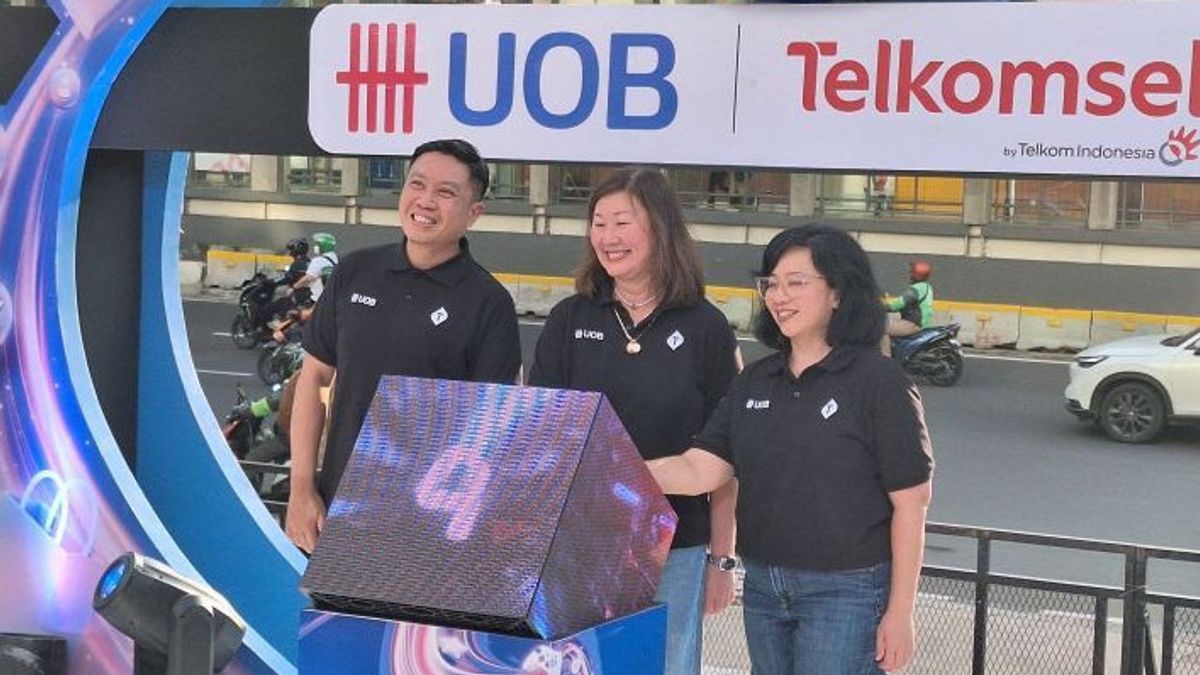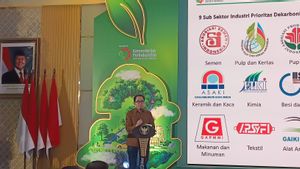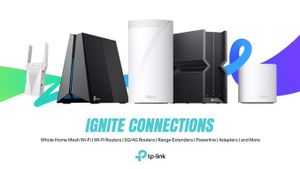JAKARTA - In the midst of a middle class decline, PT Bank UOB Indonesia (UOB Indonesia) considers this not to affect the performance of company credit transactions.
According to UOB Indonesia Cards & Payment Head Herman Soesetyo, this is because the target segment of Indonesia's UOB credit customers is dominated by the upper middle class.
"If it's overall, it will have an effect. But again, each bank has its own target market. We don't see that in UOB. So we see that there are still many enthusiasts for the application that we are still targeting," said Herman after the launch of the Telkomsel UOB credit card in Jakarta, quoted from Antara, Wednesday, September 11.
Despite the decline in the middle class, Herman said that so far the average credit transaction approval rate is still on target.
"The application rate is indeed in accordance with what we are targeting. So we don't see any significant changes," he said.
However, he admits that it does not mean that the decline in the middle class does not affect other banking businesses in Indonesia.
He acknowledged that the declining mid-range phenomenon had indeed had an impact on banking performance in general.
It is known, data from the Central Statistics Agency (BPS) as of August 2024 shows a decline in the number of middle class residents.
Data in 2019 showed the number of 57.33 million people which then fell to 53.83 million people in 2021.
BPS again recorded a decline in the number of middle class in 2022 to 49.51 million people and 48.27 million people in 2023 which fell again this year to 47.85 million people.
At the same time, the number of people who fall into the category towards the middle class from 128.85 million people rose to 137.50 million people in 2024.
In addition, the number of poor people was also recorded to have increased from 2019 to 54.97 million people to 67.69 million people.
Meanwhile, on that occasion, PT Bank UOB Indonesia also announced cooperation with PT Telekomunikasi Selular (Telkomsel) to launch Telkomsel's UOB credit card to support the customers' digital lifestyle.
SEE ALSO:
Consumer Banking Director of UOB Indonesia Kubya Teh Tan said the launch of this credit card interprets the essence of "Lifestyle Connected".
"Over the past few years, Indonesia has seen tremendous growth in the e-commerce market, driven by rising internet penetration, rapidly growing middle class, and increasing preference for online shopping to complement their digital lifestyle needs," said status.
status explained that the current number of internet users reached 185.3 million, with the use of the mobile internet increasing 0.6 percent from the previous year.
Meanwhile, there is a prominent lifestyle trend where 11.7 percent, especially from the Gen Y and Gen Z segments, prioritizes always following the latest technological developments and spending on entertainment and recreation (49.4 percent), leading to a modern lifestyle focused on connectivity, comfort and mobility.
The English, Chinese, Japanese, Arabic, and French versions are automatically generated by the AI. So there may still be inaccuracies in translating, please always see Indonesian as our main language. (system supported by DigitalSiber.id)
















